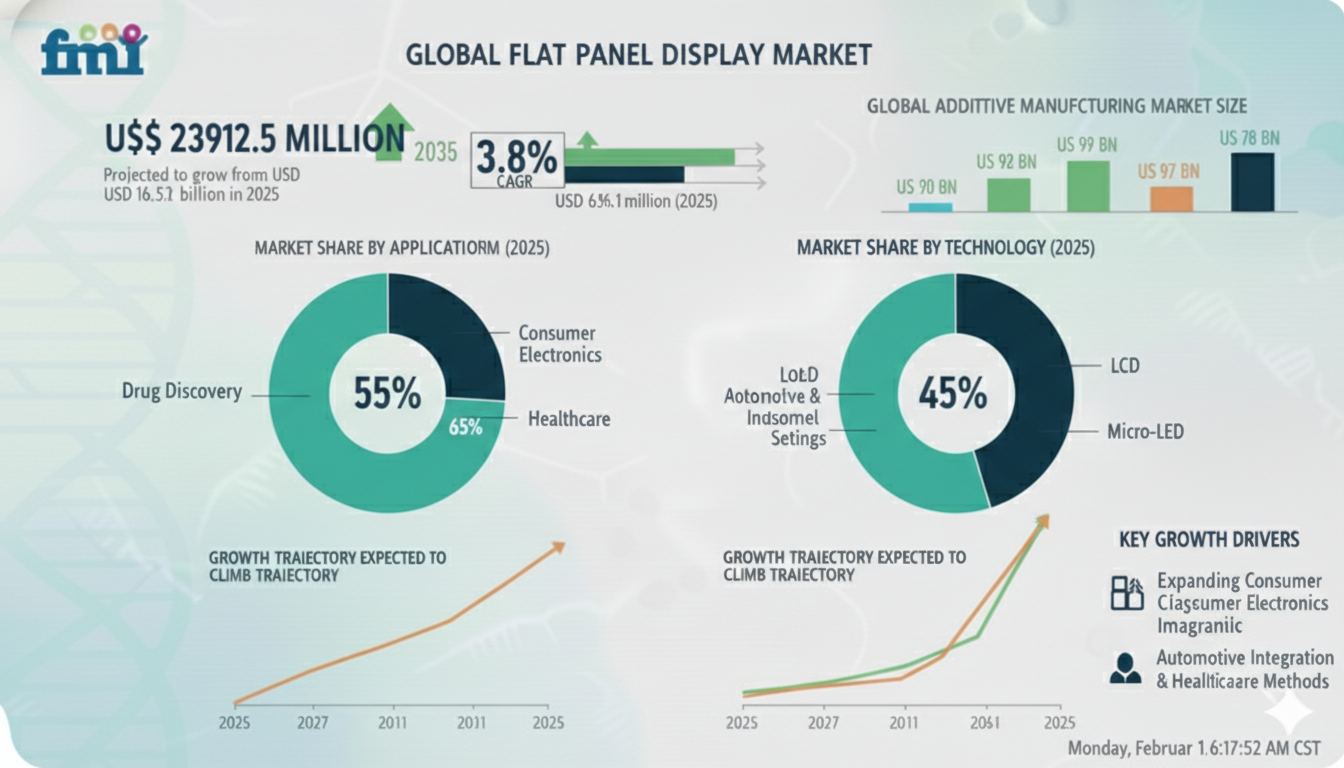
The global supplier quality management applications market is poised for significant growth, rising from USD 14,061.6 million in 2025 to USD 38,081.4 million by 2035. This expansion reflects a strong compound annual growth rate (CAGR) of 10.5% over the forecast period from 2025 to 2035. The market is witnessing robust momentum due to the increasing emphasis on supply chain visibility, traceability, and compliance. As manufacturers and service providers strive to improve operational efficiency, mitigate risks, and ensure regulatory compliance, the demand for advanced digital tools that manage and monitor supplier quality has surged. Supplier quality management (SQM) applications play a critical role in reducing the risk of supply chain disruptions by enabling real-time tracking, collaborative quality assurance processes, and streamlined communication with vendors.
Rising globalization and complex multi-tiered supplier ecosystems have made it essential for companies to implement centralized quality management platforms that allow proactive assessment and corrective action. Industries such as automotive, aerospace, electronics, pharmaceuticals, food and beverage, and industrial manufacturing are integrating these applications to evaluate vendor performance, track non-conformances, conduct audits, and ensure that supplier outputs align with required standards. Furthermore, the adoption of cloud-based SQM platforms has made it easier for enterprises to scale quality initiatives, standardize supplier metrics, and enforce compliance across global operations.
Get Ahead with Our Report: Request Your Sample Now!
https://www.futuremarketinsights.com/reports/sample/rep-gb-1638
Key Takeaways
The supplier quality management applications market is projected to grow at a CAGR of 10.5% from 2025 to 2035, with the market value increasing from USD 14.06 billion to USD 38.08 billion. This growth is largely driven by the rising complexity of global supply chains, growing regulatory pressures, and the need for automated supplier assessment tools. Companies are increasingly investing in SQM systems to ensure product consistency, reduce recall risks, improve supplier collaboration, and enhance customer satisfaction. As digital transformation becomes a strategic priority, organizations are integrating SQM with broader enterprise quality management systems (EQMS), procurement platforms, and enterprise resource planning (ERP) software to drive end-to-end supply chain visibility and governance.
Emerging Trends in the Global Market
One of the key trends shaping the supplier quality management market is the growing implementation of artificial intelligence (AI) and machine learning (ML) to analyze supplier data and identify quality patterns. These technologies enable predictive quality analytics, allowing businesses to anticipate issues before they escalate and to take preventive actions. Another trend gaining traction is the adoption of blockchain for secure and transparent tracking of supplier compliance records, audit trails, and certifications. Blockchain can enhance trust among stakeholders by ensuring tamper-proof documentation and reducing fraud.
Cloud deployment continues to dominate the market as organizations favor scalable, flexible, and remotely accessible platforms. Cloud-based SQM applications facilitate real-time collaboration between internal teams and external suppliers, supporting a more agile approach to quality control. Mobile accessibility is also on the rise, empowering quality auditors and inspectors to conduct assessments on the go and upload data directly into centralized systems. Additionally, advanced data visualization and dashboarding tools are making it easier for executives to monitor quality KPIs, supplier ratings, and performance trends across business units and geographies.
Significant Developments and Market Opportunities
In recent years, supplier quality has become a boardroom-level concern due to high-profile product recalls and increased scrutiny from regulatory bodies. This has led to a surge in demand for software solutions that can automate compliance tracking and supplier qualification workflows. With ESG (Environmental, Social, and Governance) and sustainability requirements becoming integral to supplier evaluations, SQM platforms are now being expanded to monitor ethical sourcing, carbon footprints, and labor practices. This shift opens up new opportunities for vendors offering integrated solutions that encompass traditional quality parameters along with sustainability metrics.
Emerging markets in Asia-Pacific and Latin America are becoming hotbeds of manufacturing activity, and as companies in these regions scale production, the need for structured supplier quality management is rising rapidly. Small and medium enterprises (SMEs), which traditionally relied on manual processes or spreadsheets, are also beginning to invest in lightweight, cloud-based SQM tools that offer enterprise-grade capabilities at lower costs. Moreover, governments are supporting digital supply chain initiatives, especially in the pharmaceutical, medical devices, and food processing industries, where regulatory compliance is critical. This creates a favorable environment for broader market penetration of SQM applications.
Recent Developments in the Market
The supplier quality management applications market has seen several important developments, including strategic partnerships, acquisitions, and the launch of AI-powered platforms. Leading quality management software providers are forming alliances with ERP vendors and cloud infrastructure companies to offer seamless integrations and expand customer reach. For instance, partnerships with cloud service providers like AWS, Microsoft Azure, and Google Cloud are enabling faster deployment and better scalability.
Innovations are also being introduced in user interfaces, with many platforms now offering intuitive drag-and-drop workflows, automated alerts, and role-based access to streamline supplier evaluations. Integration of e-signatures and digital audit trails is becoming standard practice to ensure regulatory compliance and simplify documentation. In addition, companies are leveraging embedded analytics and feedback loops to continuously improve supplier performance and maintain strong vendor relationships.
Exhaustive Market Report: A Complete Study
https://www.futuremarketinsights.com/reports/supplier-quality-management-applications-market
Competition Outlook
The supplier quality management applications market is highly competitive and features a mix of established enterprise software vendors, specialized quality management solution providers, and emerging tech startups. Key players operating in this market include SAP SE, Oracle Corporation, Dassault Systèmes, MasterControl Inc., Sparta Systems, Veeva Systems, Arena Solutions, MetricStream, IQVIA Technologies, and Pilgrim Quality Solutions. These companies are focusing on expanding their product portfolios with AI-driven insights, mobile-friendly platforms, and industry-specific templates to differentiate themselves in the market.
Vendors are also investing in training, onboarding, and support services to help clients achieve faster ROI and maintain continuous improvement in supplier quality programs. In addition to global players, regional software developers are tailoring solutions to meet local regulatory requirements, offering multi-language support, and integrating with domestic ERP systems. The competitive landscape is expected to intensify as customers demand more user-centric, customizable, and interoperable platforms.
Key Segmentations
The market for supplier quality management applications can be segmented based on component, deployment model, end-use industry, and region. By component, the market includes software platforms and associated services such as implementation, training, and support. Deployment models are categorized into cloud-based and on-premise solutions, with cloud deployment showing higher growth due to cost advantages and ease of scaling. End-use industries comprise automotive, aerospace and defense, pharmaceuticals, electronics, food and beverage, and industrial manufacturing, among others. Regionally, North America leads the market due to early digital adoption, while Asia-Pacific is projected to witness the fastest growth due to expanding manufacturing ecosystems and supportive government policies.
About Future Market Insights (FMI)
Future Market Insights, Inc. (ESOMAR certified, recipient of the Stevie Award, and a member of the Greater New York Chamber of Commerce) offers profound insights into the driving factors that are boosting demand in the market. FMI stands as the leading global provider of market intelligence, advisory services, consulting, and events for the Packaging, Food and Beverage, Consumer Technology, Healthcare, Industrial, and Chemicals markets. With a vast team of 400 analysts worldwide, FMI provides global, regional, and local expertise on diverse domains and industry trends across more than 110 countries.
Contact Us:
Future Market Insights Inc.
Christiana Corporate, 200 Continental Drive,
Suite 401, Newark, Delaware – 19713, USA
T: +1-845-579-5705
For Sales Enquiries: sales@futuremarketinsights.com
Website: https://www.futuremarketinsights.com
LinkedIn| Twitter| Blogs | YouTube




